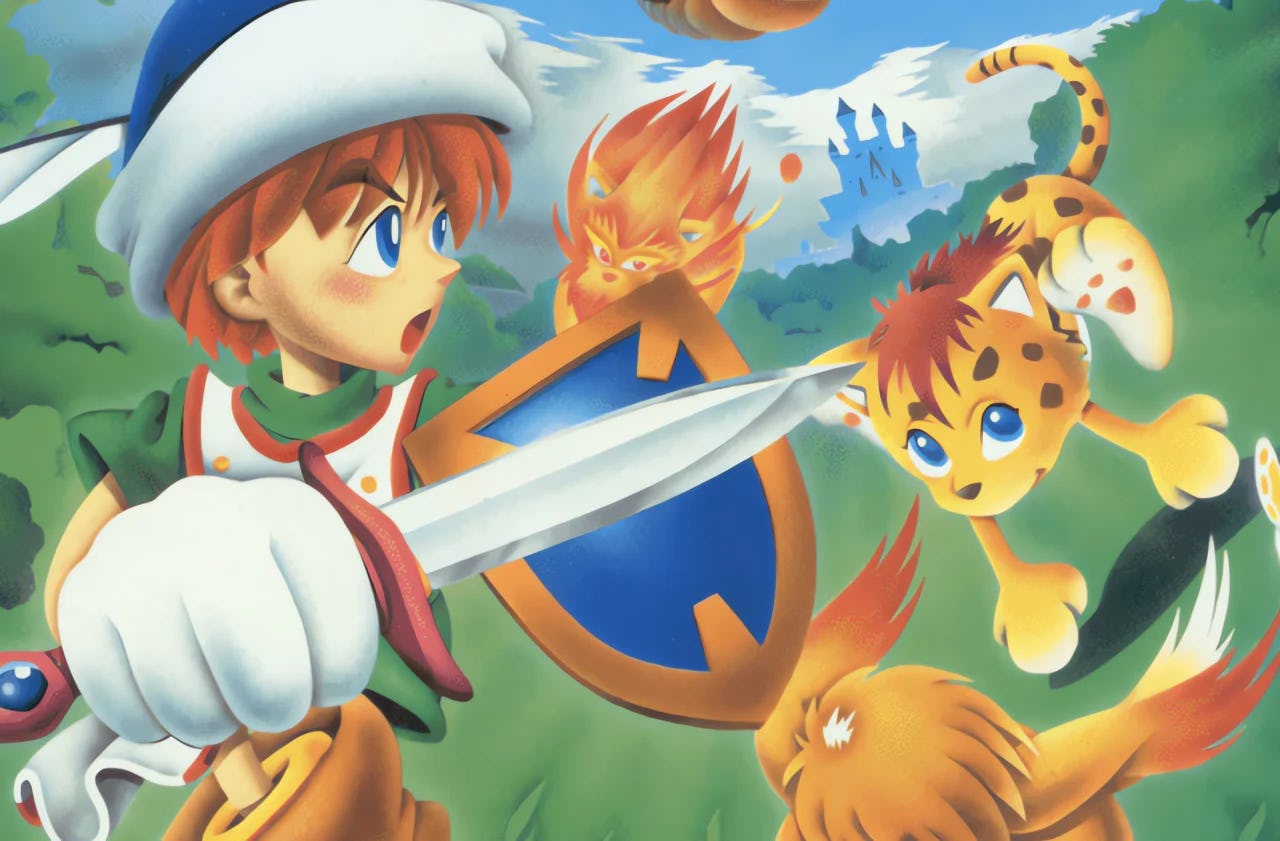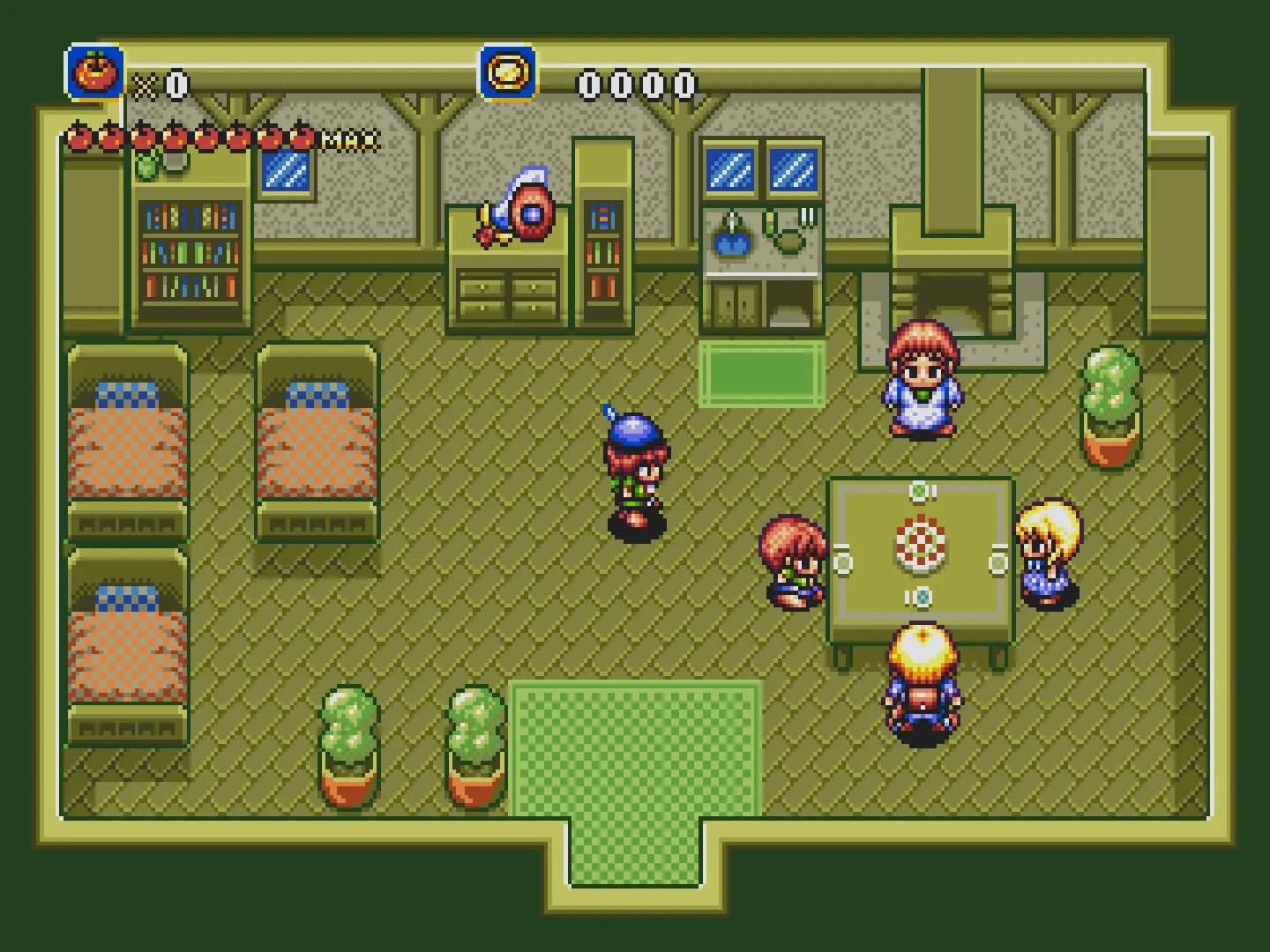
There’s an old model in business called “razors and blades.” Incorrectly attributed to King Camp Gillette, the inventor of the safety razor, perhaps better attributed to John D. Rockefeller’s Standard Oil, the model is based around making one thing easily accessible so that consumers will need another. If you give razors away for free, then customers are eventually going to need some more blades. Standard Oil would give out free kerosene lamps, knowing that they’d make their money back on the oil needed to light them.
When Tom Kalinske became CEO of Sega of America in 1990, he was brought on for a revival similar to the one he had engineered at Mattel with He-Man and The Masters of the Universe. The console had been out for two years and was struggling to make a dent against the 800-pound gorilla of video games, the Super Nintendo.
His first rule? Make the console cheaper so more people would buy it. His second rule? Don’t be afraid to copy success.

When Sega started bundling Sonic the Hedgehog with the Genesis at Kalinske’s order, the reaction at Nintendo was “Look, they’re trying to copy us with Super Mario Bros. and it’s the same kind of a game. They can’t really do anything as good as we do it,” recalls Richard Brudvik-Linner, a former Nintendo employee, in The Ultimate Video Game History. But with Sonic, Sega proved that it could.
And then, a few years later, Sega would try again. After making headway in its battle against Mario, Sega turned its eye towards something more ambitious: taking on Link and Zelda. 1995’s Crusader of Centy was an attempt to create a game like A Link To The Past. It doesn’t quite rise to the occasion, but it’s a lot of fun, and it’s available to play right now if you’ve subscribed to Nintendo Switch Online + Expansion Pack.
Crusader starts off like all epic quests do: at a 14-year-old’s birthday. A name-your-own protagonist (Wikipedia tells me his default name is Corona, but that didn’t show up in my gameplay), has a birthday cake and friends over, but he can’t eat any cake. Instead of presents, he gets his late father’s sword, which is apparently what all 14-year-old boys get for their birthdays, because now they are going to be warriors. He has to report to the king of Soleil, their town, and inform him that he’s the birthday boy.
The king tells Corona that he should head off to warrior training, where after farming for gold he gets enough money to learn how to throw a sword. This is where the game’s Zelda influence is particularly hard to miss. Corona gets coins, and the occasional health via apples, through cutting grassy fields and opening chests he finds along his journey. Sometimes the influence is a little too obvious.

But once Crusader starts moving, a sudden plot change offers a nice change of pace. After climbing a mountain to inexplicably defeat the Big Bad Wolf (who beats himself with a mallet, which could be a very out-of-place reference to the 1940s short “Red Hot Riding Hood”), Corona returns to Soliel, where he visits a fortune teller who tells him that he can no longer speak to people, and can only communicate with plants and animals.
This unexpected twist gives Crusade a unique flavor. Corona must now rely on the chickens, cows, and dogs of Soliel to understand the world, as talking to people just results in gibberish. He gets a dog companion, and back up the mountain he goes, to win the trust of a hare that will teach him how to jump.
Crusader was not to Zelda as Sonic was to Mario. The game was a tremendous flop, and it’s just not as good. There’s a cohesion to Link to the Past that is missing in Crusader, a game that feels thrown together in some ways.

But ultimately, it’s no great sin to not be as good as one of the greatest games of all time. This is undeniably a fun experience for anyone who has played their fair share of old-school Zelda. Talking to animals, which lasts for about half of the game, gives Crusader unexpected heart.
Perhaps that’s why the game has emerged as a collector’s item, with loose cartridges retailing on eBay for over $500. It’s odd enough, and clever enough in the right moments, that it’s worth the experience. Maybe not $500, but hey, that’s why there’s Nintendo Switch Online.







